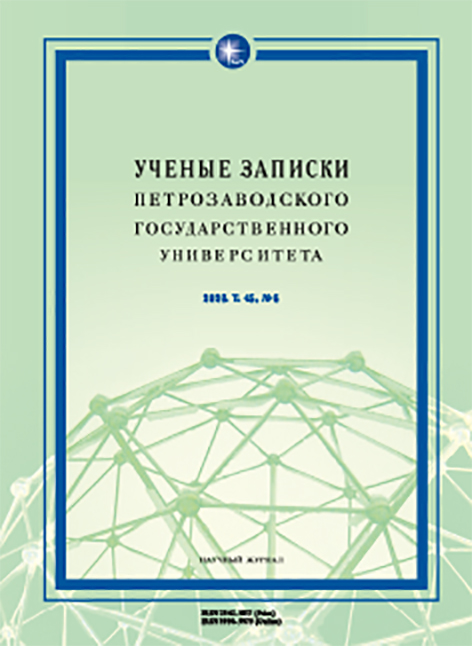ШКОЛЫ РОССИЙСКОГО ЯЗЫКОЗНАНИЯ: СХОДСТВА И РАЗЛИЧИЯ
SCHOOLS OF RUSSIAN LINGUISTICS: SIMILARITIES AND DIFFERENCES
Author(s): Vladimir Mihajlovich AlpatovSubject(s): Language studies, Phonetics / Phonology
Published by: Петрозаводский государственный университет
Keywords: scientific school; Potebnya; Fortunatov; Baudouin de Courtenay; Shakhmatov; Shcherba; Vinogradov; phoneme;
Summary/Abstract: The article compares the main scientific schools that emerged in Russian linguistics in the second half of the nineteenth century: the Kharkov school (A. A. Potebnya), the Moscow school (F. F. Fortunatov), and two schools founded by I. A. Baudouin de Courtenay in Kazan and St. Petersburg. Although each of the schools has been studied in a variety of publications, no systematic comparison of their ideas and methods, as a rule, has been made. An attempt is made to trace the fate of each of these schools in the twentieth century. While the Kharkov and Kazan schools gradually died out, in Moscow and St. Petersburg – Petrograd – Leningrad we can note the continuity and preservation of traditions. Fortunatov’s school preserved the general principles of positivist science of the nineteenth century longer than others, but the Moscow school was not accidentally called formal by its opponents. The article shows how Fortunatov’s desire to rigorously prove his positions and to abandon psychologism contributed to the most rapid transition of the new generation of the school to structuralism. Baudouin de Courtenay’s ideas were innovative and anticipated many ideas of the twentieth-century language science, but the scholar’s desire to give a psychological interpretation to the phenomena in question was not characteristic of other schools. One or another school often adopted the ideas of other schools, reinterpreting them: the notion of the phoneme introduced by Baudouin de Courtenay was adopted by the Moscow school, but was understood not as a psychological one, but as a sense-differentiating one. Both in Moscow and in St. Petersburg, a number of traditions still exist today. Studying the origins of Russian linguistics is an important task, as it enables to analyze the history of the Russian science of language more thoroughly.
Journal: Ученые записки Петрозаводского государственного университета
- Issue Year: 45/2023
- Issue No: 6
- Page Range: 94-100
- Page Count: 7
- Language: Russian

